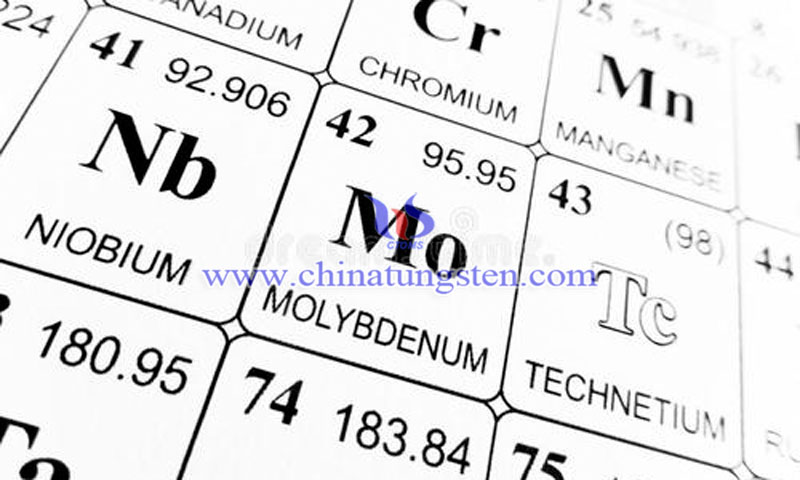NNSA Awarded Cooperation Agreements for Production of Molybdenum-99 to U.S. Companies.
- Details
- Category: Tungsten's News
- Published on Thursday, 25 July 2019 10:29
Washington - The Department of Energy's National Nuclear Security Administration (DOE/NNSA) has completed negotiations on three cooperation agreement awards for the production of molybdenum-99 (Mo-99) without the use of highly enriched uranium (HEU). After selecting potential winners in February, the awards were negotiated and agreed with suppliers.

"Mo-99 is an important medical isotope that enables us to fight heart disease and cancer," said Lisa E. Gordon-Hagerty, director of the Department of Energy for Nuclear Security and NNSA. "These agreements will promote domestic production without the need for highly enriched uranium, greatly reducing the possibility of nuclear material proliferation."
Congress allocated $40 million to these incentives in fiscal year 2018 and $20 million in fiscal year 2019, and instructed the Department to issue a funding opportunity announcement to award cooperation agreements competitively. NNSA will fund each agreement at $15 million and require $15 million of matching funds for each awardee.
NNSA is supporting the establishment of surplus, reliable supply of Mo-99 produced in the US without the use of HEU. Mo-99 is used in more than 40,000 medical procedures in the United States every day, including the diagnosis of heart disease and cancer.

The American Medical Isotopes Production Act of 2012 directed the National Nuclear Security Administration to cooperate with non-Federal entities to implement technology neutrality programs. The technology neutrality plan is open to all methods of producing Mo-99 and does not use highly enriched uranium.
| Molybdenum Supplier: Chinatungsten Online www.molybdenum.com.cn | Tel.: 86 592 5129696; Fax: 86 592 5129797;Email:sales@chinatungsten.com |
| Tungsten News & Prices, 3G Version: http://3g.chinatungsten.com | Molybdenum News & Molybdenum Price: http://news.molybdenum.com.cn |



 sales@chinatungsten.com
sales@chinatungsten.com